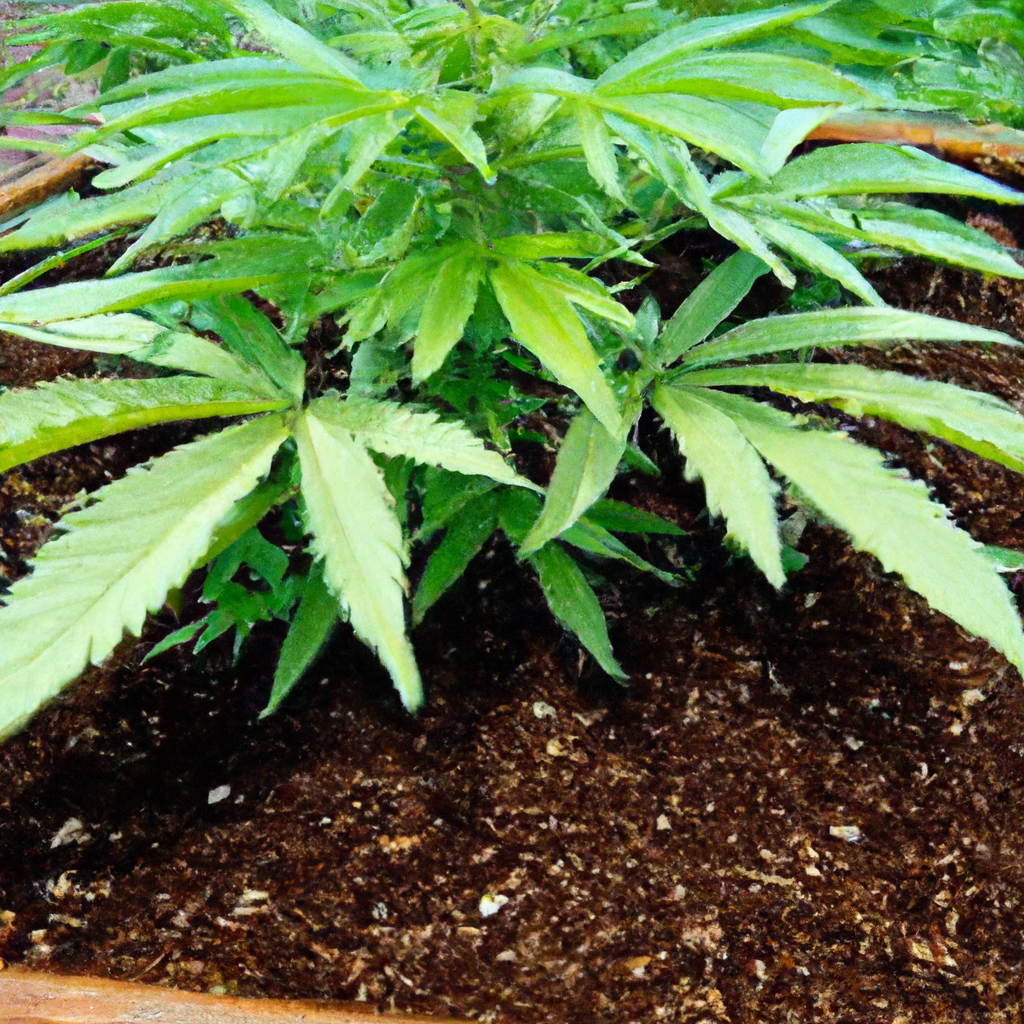Your cart is currently empty!
Embarking on the journey of organic cannabis cultivation not only benefits the environment but also enhances the quality of the cannabis produced. By focusing on natural fertilizers, composting, and biological pest control, growers can create a thriving ecosystem for their crops. Let’s delve into the best practices of organic cannabis cultivation and explore the myriad benefits it offers to both the environment and consumers.
Building Healthy Soil Ecosystems
The foundation of any successful organic grow lies in its soil. Creating a rich, living soil ecosystem supports cannabis plants throughout their growth cycle. This involves incorporating compost and natural fertilizers, such as worm castings or kelp meal, which enrich the soil with essential nutrients.
- Compost: Layer organic matter like leaves, vegetable scraps, and grass clippings to create nutrient-dense compost. This not only improves soil structure but also increases microbial activity.
- Natural Fertilizers: Use options like bone meal and fish emulsion to enhance nutrient availability without the negative impact of synthetic chemicals.
Natural Pest Control Methods
Chemical pesticides are a no-go in organic cultivation. Instead, focus on sustainable pest management strategies to protect your cannabis plants.
- Beneficial Insects: Ladybugs and predatory mites can naturally control pest populations, such as aphids and spider mites.
- Companion Planting: Plants like marigolds and basil act as natural repellents and improve the overall biodiversity of your garden.
Avoiding Synthetic Chemicals
A commitment to organic cultivation means steering clear of synthetic chemicals at all stages. Choose organic-certified seeds and supplements to maintain purity and ecological balance. This approach ensures the cannabis you grow is as natural as possible, fostering consumer trust in your product.
Promoting Sustainability in Growing Operations
Adopting organic practices is a step towards sustainability. Not only do these methods reduce the carbon footprint, but they also promote long-term soil health.
- Ecosystem Building: Develop a self-sustaining grow operation by reusing resources and rotating crops to maintain soil health.
- Water Management: Use rainwater harvesting and drip irrigation to conserve water and reduce waste.
The Benefits of Organic Cannabis
Choosing organic isn’t merely about avoiding chemicals; it’s about producing cannabis that is healthier for consumers and kinder to the earth.
- Environmental Impact: Reduced use of chemical inputs leads to less pollution and healthier biodiversity in and around the cultivation area.
- Consumer Health: Organic cannabis is free from harmful residues, enhancing its therapeutic potential.
Conclusion
Organic cannabis cultivation offers a viable path toward sustainable agriculture, emphasizing quality, health, and environmental stewardship. By adhering to these best practices, growers not only contribute to a greener planet but also deliver superior products to the market. Whether you’re just starting out or looking to refine your methods, the commitment to organic practices is an investment in the future of cannabis cultivation.
Start cultivating with care, and embrace the benefits that come with growing your cannabis organically.
Discover more from Magic Clones
Subscribe to get the latest posts sent to your email.


Leave a Reply